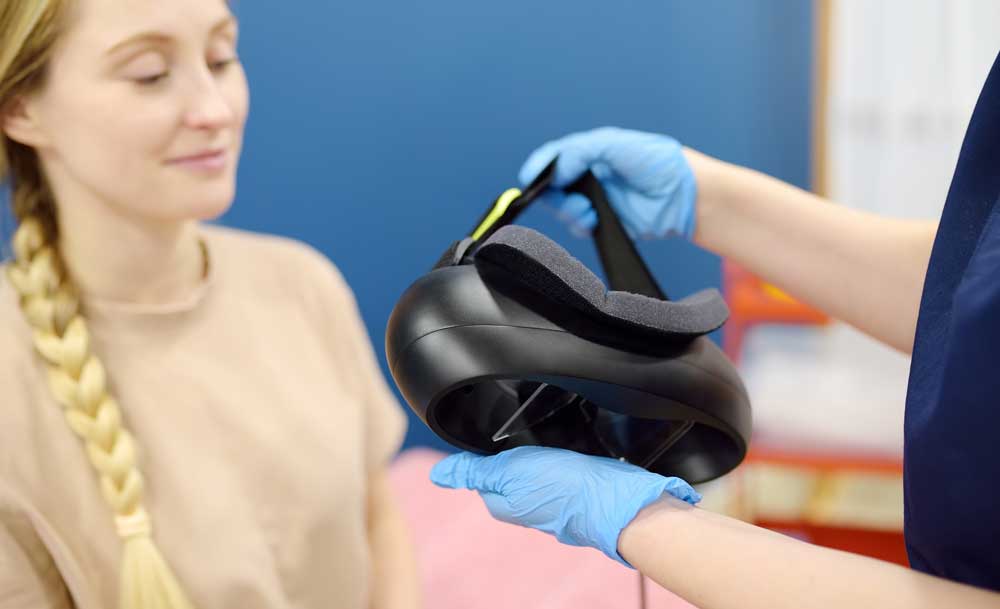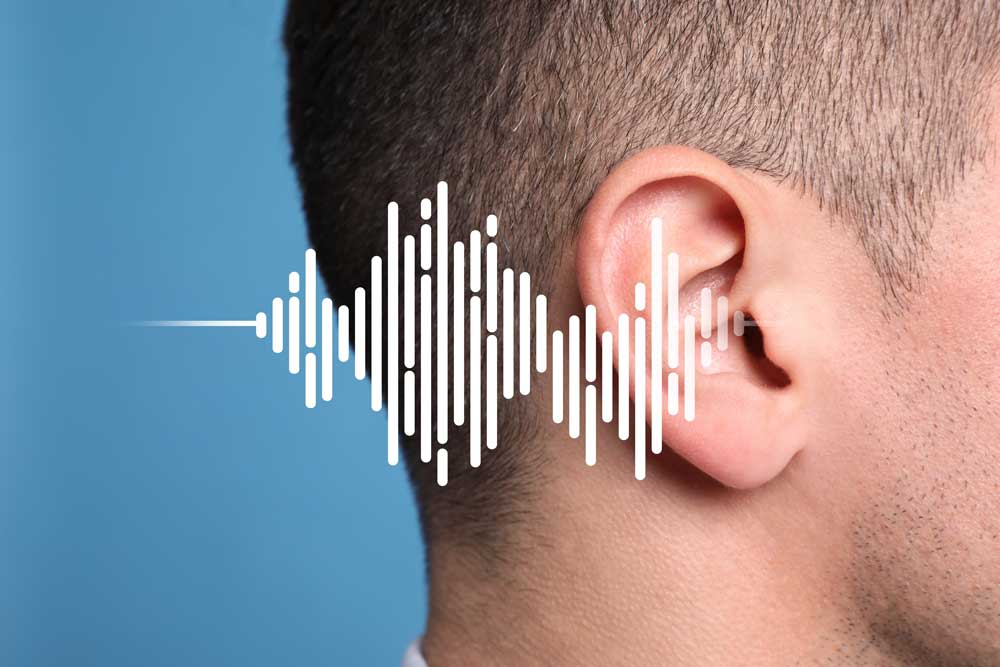Comprehensive ENT & Hearing Services
At Midwest Ear Institute, we provide a full range of ENT and audiology services tailored to your unique needs. From in-depth hearing and balance evaluations to specialized treatments for ear, nose, and throat conditions, our expert team combines years of experience with the latest technology to deliver effective, personalized care. Whether you’re managing hearing loss, tinnitus, or complex ENT issues, we’re here to find the best solutions for your health and well-being.
Audiologic, VNG and Cochlear Assessments
Detailed Hearing and Balance Evaluations for Comprehensive Care
Our comprehensive hearing tests provide detailed assessments of hearing health. Services include VNG Balance Evaluations, Diagnostic Audiologic Evaluations, and Cochlear Implant evaluations to diagnose hearing loss and balance disorders accurately. Our team combines state-of-the-art technology with expert care to help determine the best path for your hearing needs.
Sometimes, people with hearing loss find that a hearing aid isn’t enough to fix their symptoms. If that’s you, we can help with cochlear implant evaluation and mapping. This involves implanting a small hearing device in the ear to provide additional support. It can help you overcome a hearing loss that more traditional support devices haven’t resolved.
More on Cochlear Implant Evaluation & MappingHearing tests give us important information that we use to create your personalized treatment plan. They tell us how severe your symptoms are and, often, what’s causing them. These tests are non-invasive and generally take no more than a single hour-long appointment to complete.
More on Hearing TestsIf you suffer from vertigo, dizziness and balance issues, you’re already aware of the toll it can take on your quality of life. VNG testing can get to the root cause of your symptoms and allows your hearing professional to create the best treatment plan for your needs.
More on VNG Balance Evaluations
Online Hearing Screening
Think You Might Have Hearing Loss?
Take our free, 3-minute online screening to get a better understanding of your hearing health. It can determine if a professional screening is right for you.
Our Process
Finding the Perfect Match.
Hearing loss looks different for everyone, and as a result, there are a number of hearing aid varieties on the market. Through careful evaluations and custom fittings, we’ll help you find the best device for your hearing loss needs.
Step 1.
Come In and We’ll Test Your Hearing
One of our experienced hearing professionals will test your hearing and determine if hearing aids are the best solution for you.
Step 2.
Get Matched With the Right Device
Based on your unique hearing loss, our professionals will pair you with the best hearing aid to fit your needs, lifestyle, and budget.
Step 3.
Customize and Optimize Your Device
To ensure you’re getting the most from your new hearing aids, we’ll test your new device and make adjustments as needed for the perfect fit.
Step 4.
Check-in Regularly For Ongoing Care
Better hearing is a process, and we’re with you through every step of your journey with regular cleanings, maintenance and follow-up care.
Hearing Aid Services
We Service Your Devices
From hearing aid screening, selection and fittings, to ongoing maintenance and repairs – we offer a wide range of services to keep your hearing aids performing their best.
Completing a hearing aid evaluation is the first step in addressing your hearing loss. We’ll run you through a few simple tests to evaluate the type and severity of your symptoms. Then, we’ll let you know if you need a hearing aid and recommend specific models based on your test results.
More on Evaluation for Hearing AidsAfter ordering your hearing aid from the manufacturer, we’ll schedule a follow-up fitting appointment. This is when we fine-tune the settings on your new device to provide support in the areas where you need it. Fitting and programming is an important part of getting maximum value out of your new hearing device.
More on Hearing Aid Fitting & ProgrammingMidwest Hearing Institute offers basic hearing aid repair and maintenance support. We can help you fix issues like not being able to change your batteries or a broken hinge. If more intensive repairs are needed, we’ll help you ship your hearing aids back to the manufacturer or find a replacement that meets your preferences.
More on Hearing Aid Repair & Maintenance




